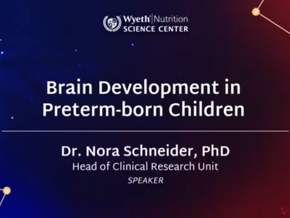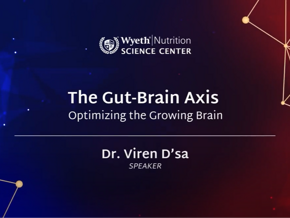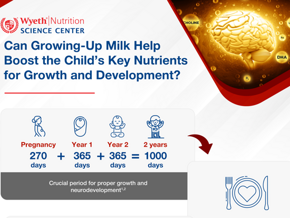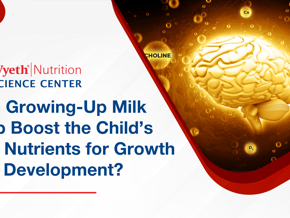Human milk oligosaccharides (HMOs) role in neurodevelopment - Dr. Jonas Hauser
Human breast milk is the optimal nutrition to support brain development from birth. Many studies have demonstrated that breast-fed infants exhibit increased cognitive performance and memory functions compared to formula-fed infants. Human milk oligosaccharides (HMO) are the third most abundant component of human milk, they have been proposed as one of the key component mediating the positive impact of breast feeding on brain development. Among these complexity, one HMOs stands out by its sheer abundance, 2-Fucosyllactose (2FL).
Recent clinical study and preclinical studies have shown that presence of 2FL in early life diet increased cognition and memory. Another category of HMOs have been hypothesized to support brain development, the sialyllated HMOs (e.g. 6-Sialyllactose), as they contain sialic acid. Sialic acid is a key building block of molecules mediating neuronal functions (e.g. gangliosides). Preclinical studies have associated the presence of sialyllated HMOs in early life diet with increased attention and memory. These studies strongly suggest that HMOs presence in early life diet have a positive impact on brain development and associated cognitive functions, such as memory.
WYE-EM-107-MAY-20
Reference
Dr. Jonas Hauser. 9th Annual Wyeth® Nutrition Science Center Global Summit. 2020
If you liked this post you may also like




